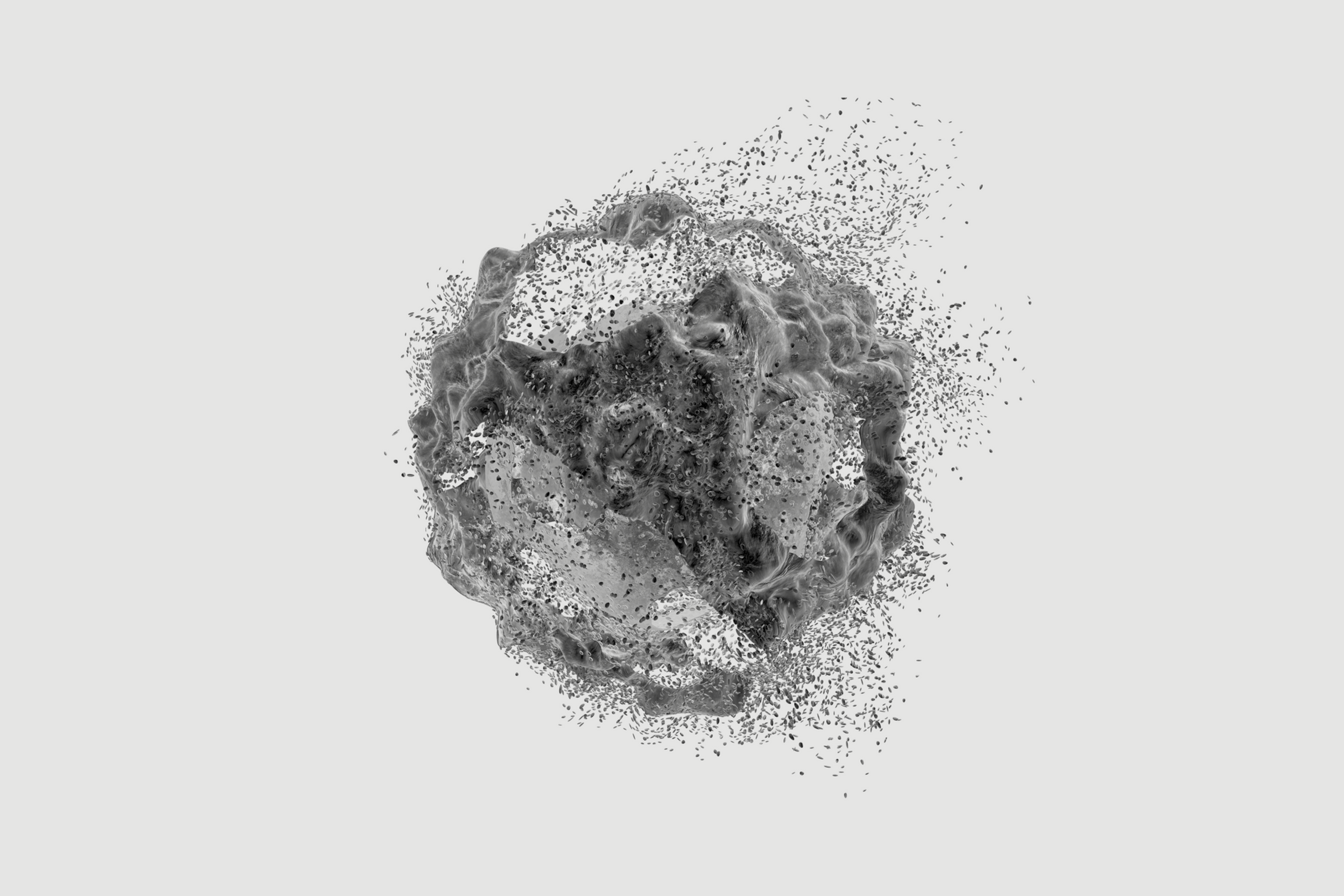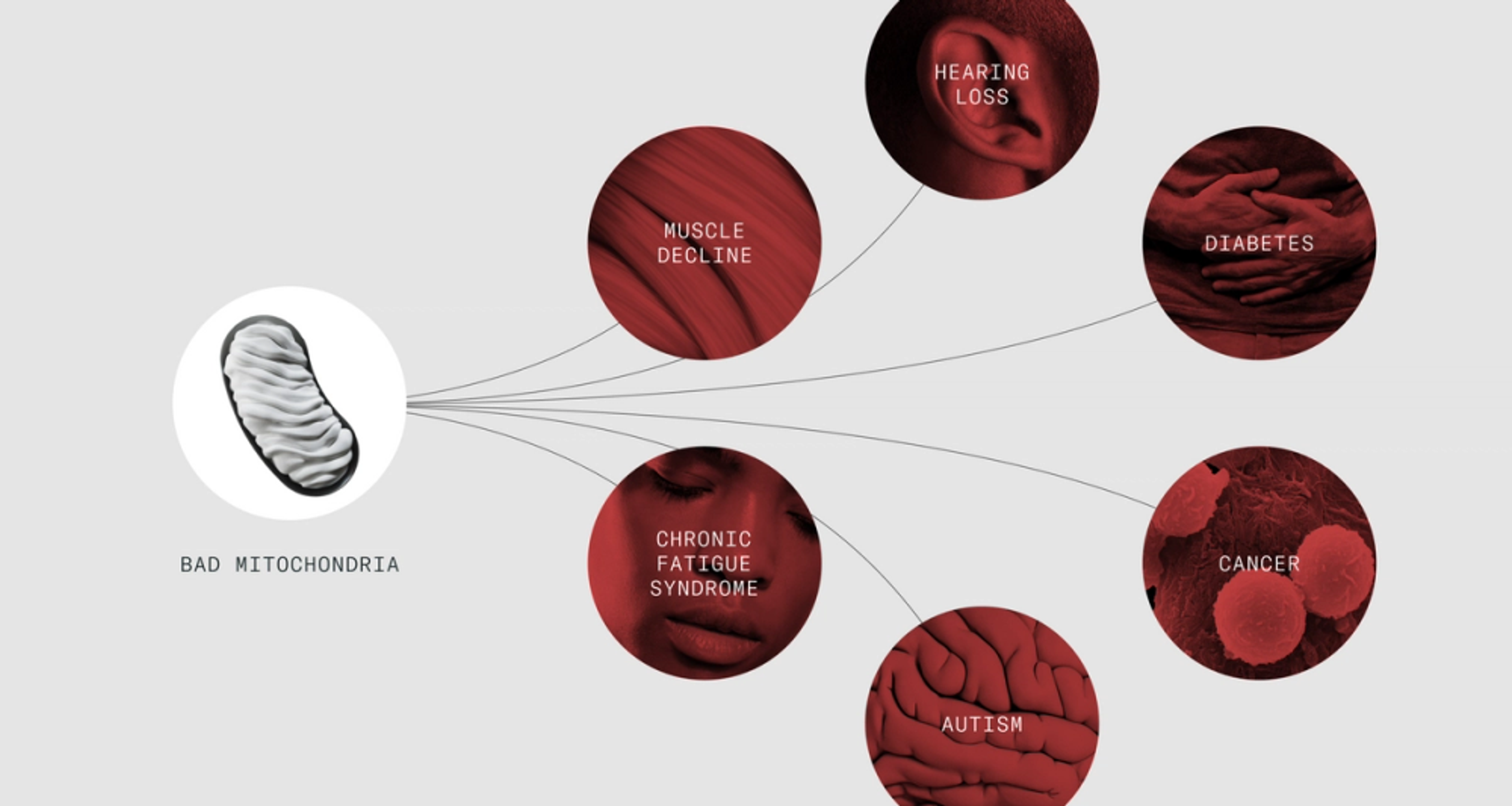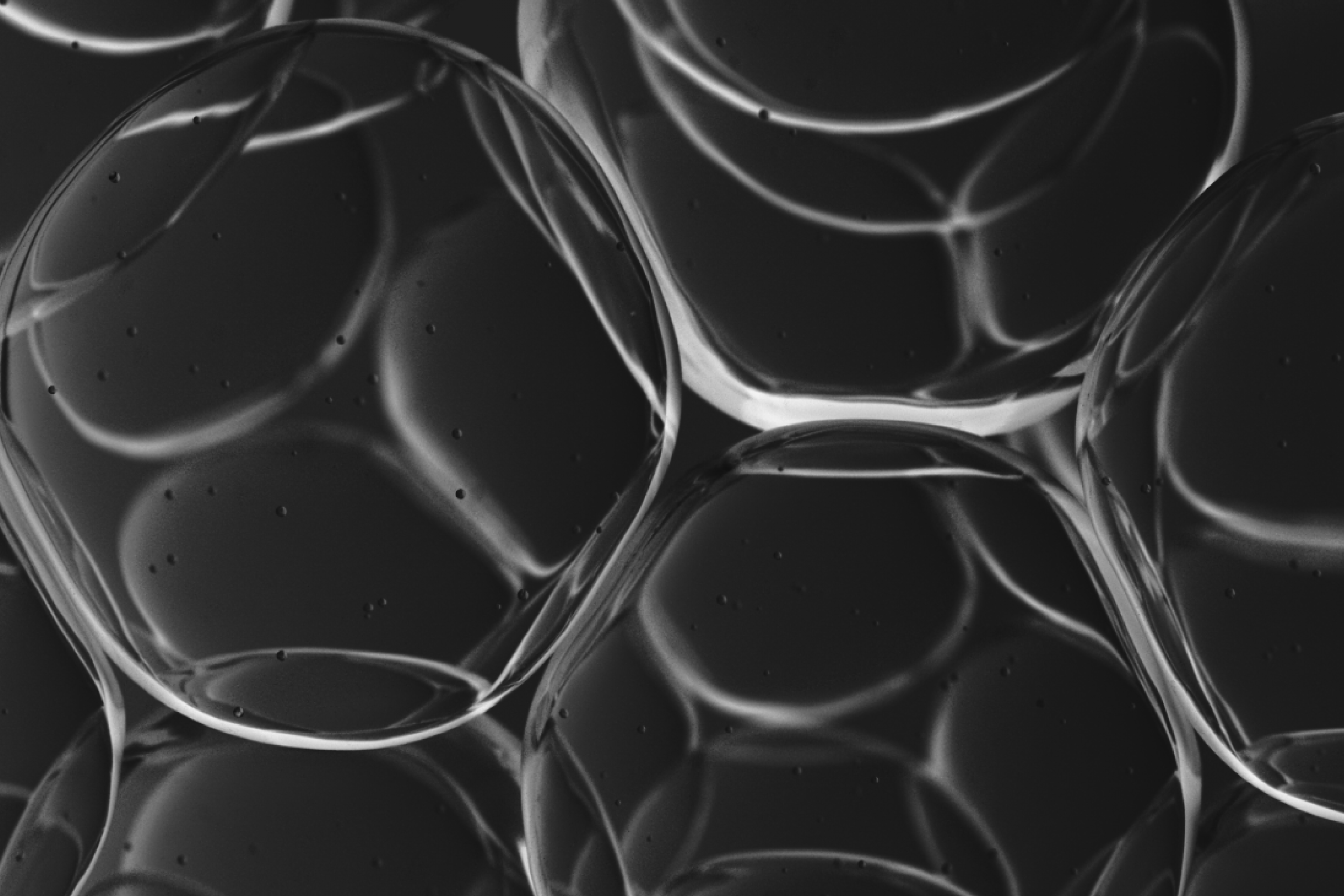Reduce cellular stress with smart choices for optimal aging
Wondering how exposure to UV radiation, diet, exercise and more relate to cellular stress? Read to learn how to combat it for healthy aging.

October 18, 2022
6 min read
If you are wondering about how to ward off chronic disease and maintain good health with age, the health of your cells is an important consideration. This article will review what cellular stress is, what causes it, and how it can be reduced. With this understanding, you can determine what strategies may be helpful to combat cellular stress when it comes to different components of the diet.
Combating stress at the cellular level is a key part of reducing the damaging effects of aging. Aging can be thought of as cumulative impairment of different aspects of cell functioning. Optimal cell function is key when it comes to maintaining health with age.[𝑛]
What is cellular stress?
Cellular stress refers to a situation in which different sources may negatively impact the functioning of the cell and the aging process.[𝑛] When cells are stressed, they may not be able to function properly and carry out normal processes. For example, the mitochondria, the “powerhouse” of the cell involved in energy production and other functions, may not work well, and this may contribute to the development of disease.[𝑛]

The mitochondria of the cell are important when it comes to considering cellular stress, as their health is key in the aging process and in maintaining good overall health. In addition to creating energy, they are also involved in creating building blocks for our genetic material, cellular communication, cell growth and death, and more. Mitochondrial dysfunction that occurs with cellular stress is linked to age-related muscle decline and hearing loss, diabetes, certain cancers, autism, chronic fatigue syndrome, and more.
Healthy mitochondria is a key part of cellular health. Functioning of mitochondria is especially important when it comes to heart, kidney, eye, brain and muscle function. Cellular stress that occurs with age may compromise the functioning of various organ systems.
Cellular stress may also involve damage to other parts of the cell, such as cell membranes, proteins and DNA.[𝑛]
What causes cellular stress
Examples of causes of cell stress are both from internal and external sources. Compounds known as “free radicals,” when present in the body in excess, are involved in producing cellular stress and cause what is known as “oxidative damage.” These compounds are formed both when the body carries out its normal processes and from sources such as the environment.[𝑛]
When cells carry out normal processes, small quantities of free radicals are formed. The body generally maintains a balance between the generation of free radicals and the removal. When this balance is upset and there is an excess of free radicals, cellular stress results.[𝑛]

External sources of cellular stress may come from the environment or from particular lifestyle habits. There may be increased production of free radicals as a result of excessive exposure to UV radiation, intense exercise, or poor diet. They may also be produced with exposure to pollution in the environment, certain drugs, and pesticides.[𝑛]
How can cellular stress be reduced?
There are several possible solutions to reduce cellular stress, and neutralizing or eliminating free radicals so that they cannot negatively affect cells is a key part of this. Free radicals are highly toxic in nature, and if they accumulate, they can damage the mitochondria of the cells and cause severe oxidative stress.[𝑛]The buildup of free radicals may contribute to development of numerous chronic conditions, such as diabetes, atherosclerosis, stroke, cancer and Alzheimer’s disease.[𝑛]
Proper diet is a powerful tool to counter cellular stress. A diet rich in antioxidants has been shown to counter cellular stress, as antioxidants work to reduce the energy of free radicals and prevent their formation.[𝑛]Antioxidants are found widely in plant-based foods such as spices, fruits and vegetables, nuts and seeds, and whole grains.[𝑛]
Antioxidants take many forms in the diet, including as vitamins, minerals and polyphenols. Examples include vitamins C and E, selenium, and carotenoids, such as beta-carotene and lycopene. Studies have shown that consuming a variety of plant-based foods rich in antioxidants might help to protect against disease.[𝑛]
Compounds produced in the body when you consume antioxidants in food also play a role in reducing cellular stress. Urolithin A is one such compound, and this is produced when you consume polyphenols from foods like pomegranates, berries and nuts. For example, pomegranates contain ellagitannins in the peel, membranes, and pits of the fruit, and Urolithin A is produced in the gut when you consume these.[𝑛]However, most people are not able to make enough of this compound through diet, as the gut bacteria may not be optimal for production. To be able to obtain a sufficient amount, taking it as a supplement is another option.

Urolithin A may be consumed in the highly pure form Mitopure. Research has shown that taking this in supplement form may benefit cell health.[𝑛] Levels found in the supplement are much stronger than those that might be obtained from the diet.Research has shown that Urolithin A may work to counteract muscle decline with age.[𝑛] Additional research is needed to determine the role of supplementation with Urolithin A in healthy aging.
Last words
Cellular stress may result from various processes in the body as well as exposure to aspects of the environment and affects the aging process. It is possible to reduce cellular stress through attention to the diet, particularly components of it such as antioxidants. Compounds produced as a result of consumption of antioxidants, such as Urolithin A, also play a key role in reducing cellular stress to promote healthy aging.
Authors
Jinan Banna, PhD, RD


